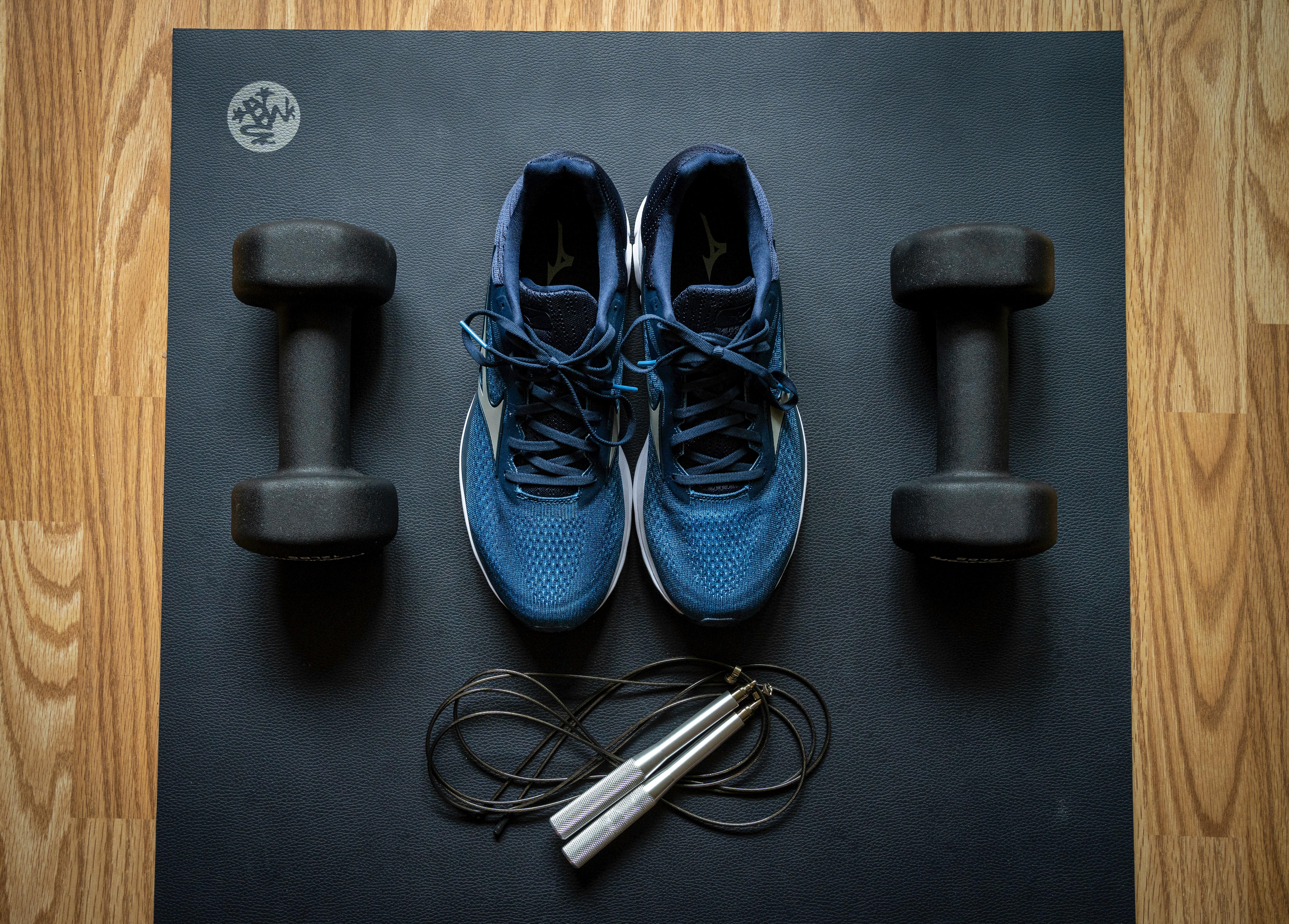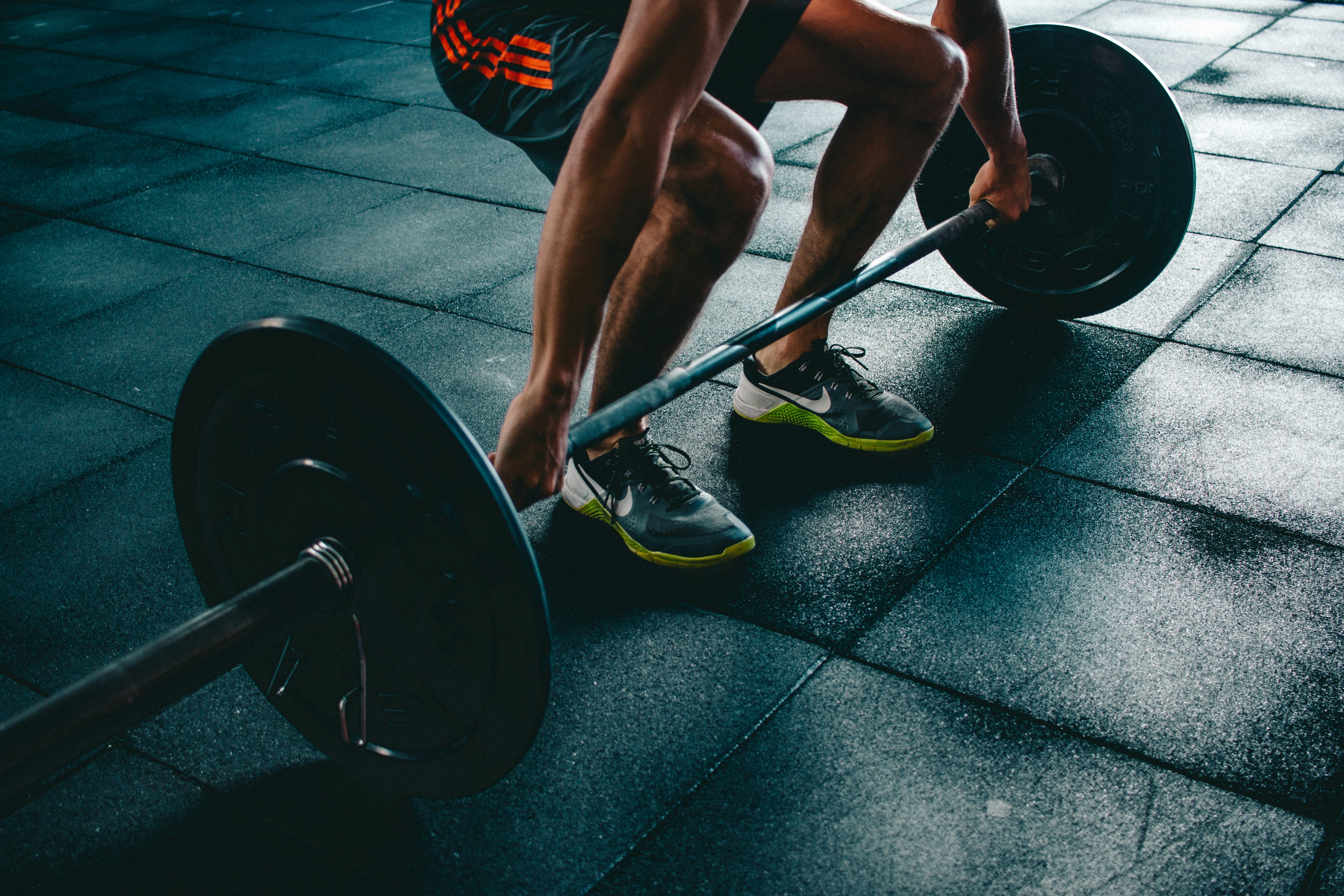We all know sleep is super important, but many people still struggle to get a good night's sleep. As a personal trainer and wellness guide, you have a unique opportunity to influence your clients’ healthy sleep habits.
Proper rest maximizes training recovery, boosts metabolism, sharpens focus, and improves overall health. But tossing and turning night after night undermines results. That's why actively coaching clients on strategies for winding down and optimizing their sleep behaviors can make a huge difference.
Keep reading for tips on discussing how to get a good night’s sleep with your clients so they can wake up refreshed, motivated, and ready to crush their fitness goals!
How to get a good night sleep? 10 strategies for your clients to try
Not sure how to help your clients get a good night's sleep? Read on for proven strategies that’ll help your clients fall and stay asleep in no time!
Develop a consistent sleep routine
It may sound boring, but going to bed and waking up at the same time every day is key to getting a good night's sleep. Our inner clocks thrive on routines, so encourage your clients to set fixed bed and wake times, just like they would for workouts.
Consistency builds habits and cues the body for rest as part of a regular rhythm. Same for pre-bed wind down routines — putting screens away, journaling away stressors, or drinking a cup of sleepytime tea tells the brain it's time to chill.
Encourage your clients to keep regular hours and to develop a wind down routine that works for them. Consistency builds neural pathways to dreamland!
CHECK OUT: How to incorporate product recommendations into your intake consultations
Design a restful sleep environment
An inviting sleep environment is key for a high-quality sleep.
First, reduce noise and light pollution. Blackout curtains, eye masks, and soothing sounds apps can help reduce disruptions.
Next, get the temperature just right — not too hot, not too cold. Around 65-70 degrees is the sweet spot for many people.
Don't neglect bed quality, either. Encourage your clients to upgrade their pillows and mattresses for maximum support and comfort. Cozy bedding like breathable sheets and weighted blankets can work wonders for falling asleep faster.
Remember, your environment sets the tone for a good night’s sleep, so encourage your clients to make their bedrooms a comfortable sanctuary. Their mind and muscles will thank you!
WRKOUT Tip: Considering recommending your favorite sleep gear if your clients have mentioned they’re looking to upgrade their sleep.
Remove electronics from the bedroom
Banishing phones, laptops and TVs from the bedroom is a must for quality shut-eye.
Watching TV, texting, or responding to emails in bed engages the mind when it should be winding down. This can make it harder to relax and fall asleep. Not to mention that losing track of time on electronics leads to later bedtimes and less overall sleep.
Basically, your clients’ bedrooms should be a peaceful, calming space. Electronics introduce mental noise.
For deeper, uninterrupted sleep, suggest making the bedroom a tech-free zone by charging devices outside the room and enabling do not disturb modes. With this simple change, your clients will be on their way to sweeter dreams!
CHECK OUT: 3 ways to use product recommendations to build trust with your clients
Increase bright light in the morning
Getting light exposure in the morning helps boost wakefulness after a good night’s sleep. Taking an AM stroll or eating breakfast near a window provides access to natural light.
But on gray days or for night owls, artificial bright light devices can mimic these effects.
Studies show exposure to bright light in the morning, especially blue-enriched light, enhances alertness and reaction times for hours afterwards. This triggers hormone changes that make it easier to feel energized despite a lack of sun.
Even on overcast days, suggest clients open blinds or invest in a sun lamp. Proper light/dark signaling puts the bounce back in their step after a proper night's sleep!
WRKOUT Tip: Have your clients mentioned they’re interested in trying a sun lamp? Whether you’ve used one before or are new to the concept, do you research to recommend the best options for their needs.
Reduce blue light in the evening
Most of us know to put our smartphones away before bed, but many of us don’t know why.
Research shows blue wavelength light, especially from electronics like smartphones, prevents our bodies from producing melatonin — a naturally-occurring hormone that’s key for sleep.
Unlike warmer light, blue light tricks the brain into feeling it's still daytime. One study found that reading an e-book before bed delayed sleep onset by 10 minutes compared to reading a print book.
The science is clear — limiting screen time as part of a consistent pre-bed routine allows the body to properly prepare for rest. Suggest clients turn off phones/tablets 1-2 hours before bedtime or use blue light filters to minimize disruptive effects.
WRKOUT Tip: Do you have a pair of blue light glasses that you already know and love? Suggest that your clients give them a try — especially if they find it hard to ditch their phone before bed.
Limit irregular or long daytime naps
While a short power nap can provide an energizing boost, long or late day snoozes can negatively impact your clients’ sleep at night.
Here's why: During REM sleep, our brains restore themselves and eliminate waste. Long or late daytime naps can provide an excess amount of REM sleep before bedtime. In turn, this can reduce the "sleep drive" to get high-quality REM sleep at night.
Plus, long naps can cause lingering grogginess that makes it harder to fall asleep again later.
For consistent nighttime rest, recommend your clients limit naps to 20-30 minutes before 3 p.m. With this nap hack, your clients will have an easier time drifting off when it really counts!
CHECK OUT: What products should I recommend during my personal training sessions?
Get daily exercise
Daily exercise helps regulate sleep cycles for higher quality ZZZs.
Moderate aerobic exercise like a morning jog or afternoon swim helps synchronize your clients’ circadian rhythms. Strength training also promotes a good night’s sleep. Remind them to avoid intense workouts near bedtime as exercise revs up the nervous system. Leisurely yoga is perfect for an active wind down before bed.
Staying active during the day helps clients expend energy so they fall asleep faster at night. Recommend easy-to-moderate exercise for 30-60 mins at least 3-4 hours before bed for maximum benefit.
Practice relaxation techniques before bed
Incorporating relaxing rituals into pre-sleep routines can help ease worried minds into dreamland.
Practices like meditation, deep breathing, and visualization can lower cortisol and quiet the nervous system after a long day. Sipping chamomile tea can help induce drowsiness before tucking in. Warm baths can relax tense muscles and clear cluttered thoughts. Even reflecting on positive experiences through journaling can aid the transition to sleep.
The pre-bed wind down period is the perfect opportunity to practice these simple self-care rituals that reduce stressors, allowing your clients to detach from the day and drift off peacefully.
WRKOUT Tip: Do you have pre-bedtime relaxation staples that you rely on, like a tea or bath soak? Share your recommendations with your clients to show you care!
Take a natural sleep aid
For those struggling to fall or stay asleep, evidence-based natural supplements can offer gentle assistance.
Here are some popular natural sleep aids you might recommend to your clients:
- Melatonin helps regulate sleep-wake cycles
- Magnesium relaxes muscles and calms the nervous system
- Lavender has aromatherapeutic properties that promote relaxation
- CBD can support relaxation and may also ease insomnia symptoms
These non-habit forming aids can enhance sleep when used once in a while, but recommend clients talk to their doctor first.
For sustained benefits, proper sleep hygiene and addressing root causes of insomnia remain key. But on restless nights, these natural remedies may provide that added boost to help your clients get a deep sleep.
WRKOUT Tip: If your clients are interested in trying a natural sleep aid, equip yourself with recommendations from trusted supplement brands that you’d use yourself.
Avoid stimulants and heavy meals before bed
What we consume during the day can impact our ability to sleep at night. Caffeine, alcohol, and heavy meals too close to bed can all disrupt sleep cycles.
Advise your clients to avoid stimulants like caffeine and nicotine for 4-6 hours before bedtime. While alcohol may induce drowsiness, it reduces REM sleep later in the night. A light snack of protein and complex carbs is optimal 1-2 hours before bed. Hydrating well throughout the day also prevents waking up at night.
Paying attention to dietary choices and timing ensures your clients feel satiated yet light enough for peaceful slumber. With a few adjustments, they’ll be sleeping soundly in no time!
CHECK OUT: The top 9 passive income ideas for personal trainers
The right products help your clients get a good night sleep
Finding ways to help your clients sleep better shows you care about their journey — not just their workouts.
Help your clients sleep better with the right products through WRKOUT — an authentic product recommendation platform for wellness pros.
WRKOUT amplifies your impact and builds trust with your clients. The cherry on top? Get cash rewards for every purchase made through the platform!
Ready to get started? Download the free app and browse products you already know and love to begin making genuine product recommendations today.
Share this
You May Also Like
These Related Stories

Setting Up a Home Gym: Tips for Clients

Help clients achieve fitness goals faster with the right recommendations
